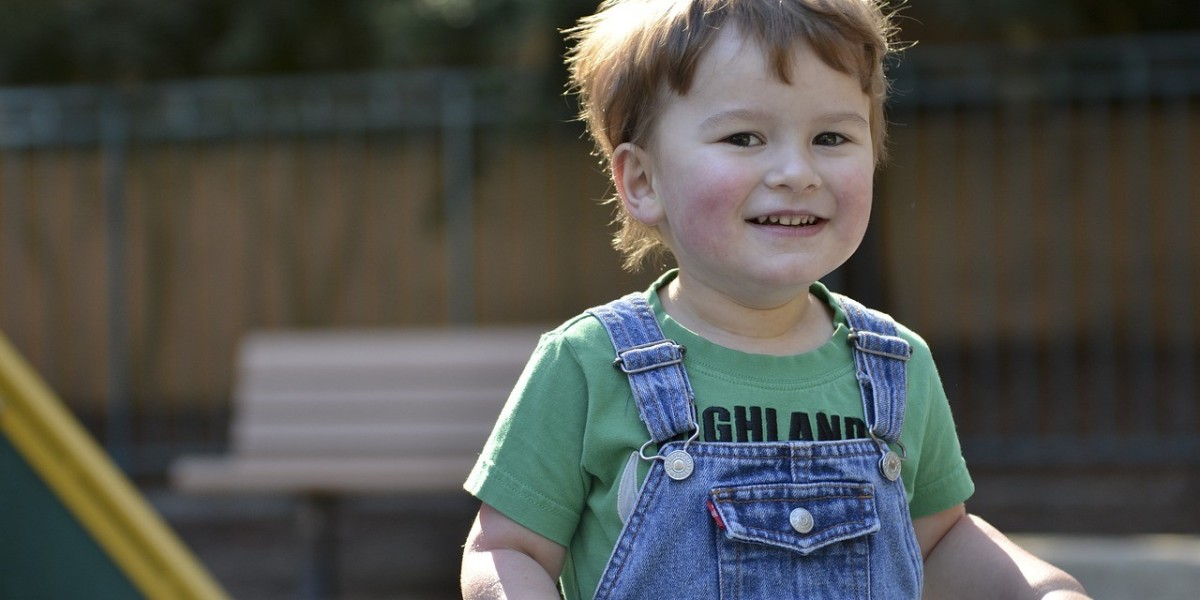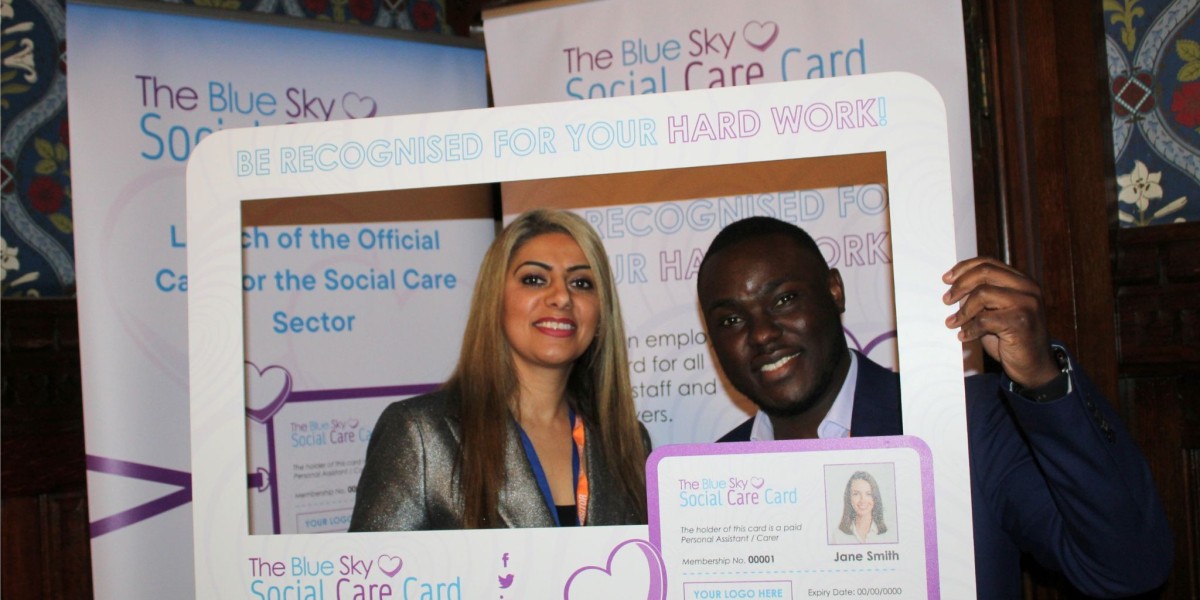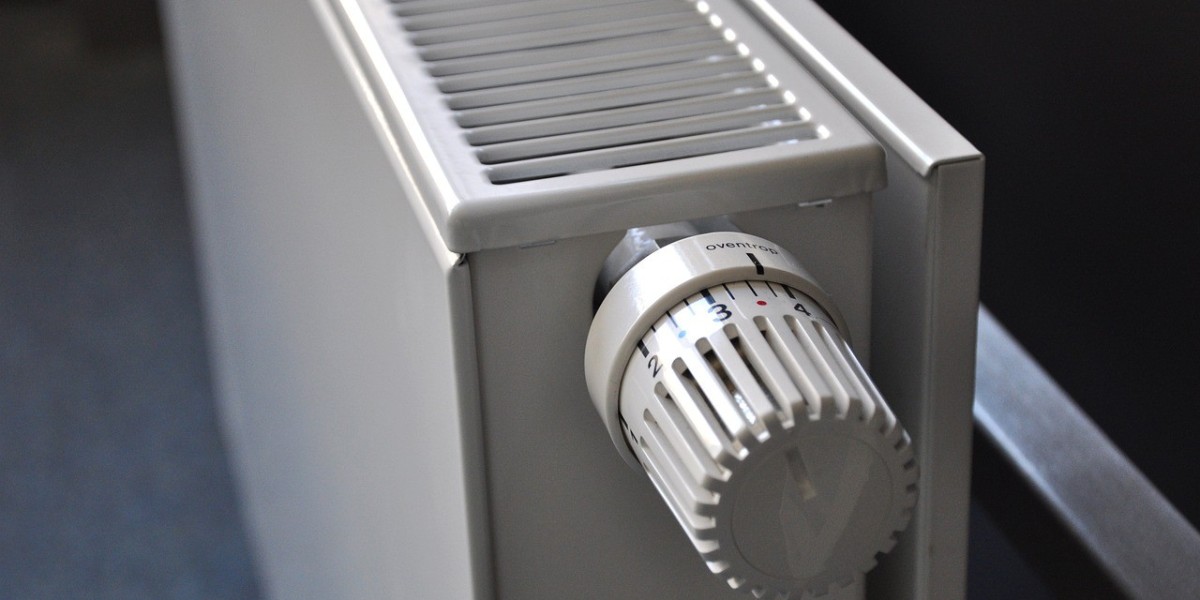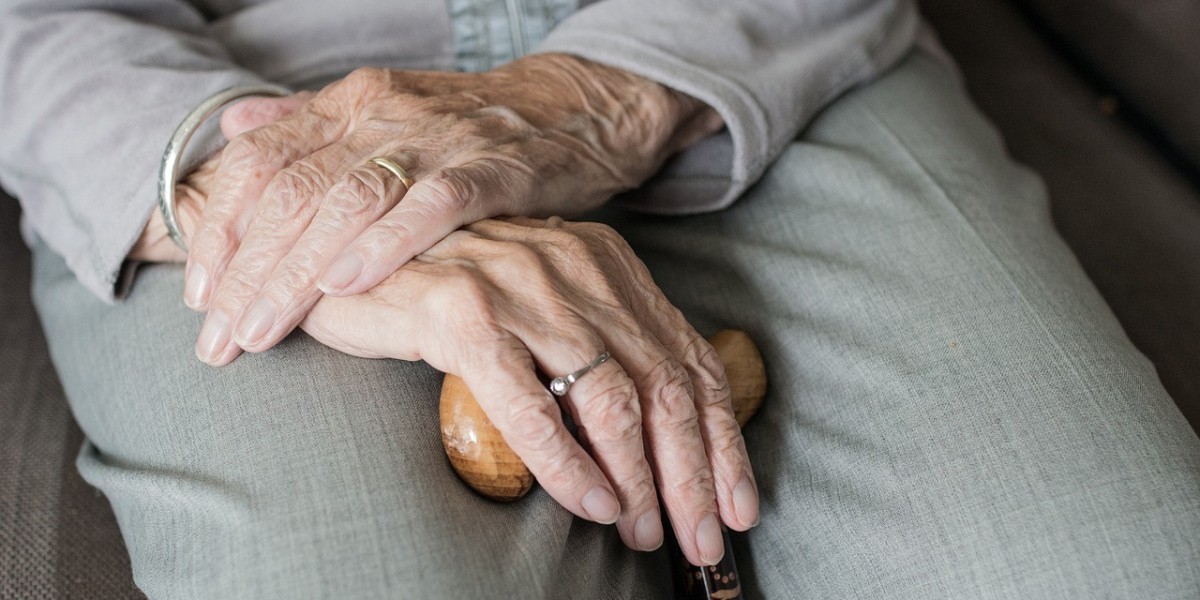Caring for someone with dementia can be an emotional rollercoaster, but one of the most heart-wrenching experiences is when your loved one no longer recognises you. This loss of recognition can feel like losing a part of your relationship, leaving you overwhelmed with sadness, frustration, or even guilt.
At We Talk Care, we understand how difficult this can be, not only for carers but also for friends and family members. Here’s some guidance to help you navigate this challenging situation with compassion and understanding.
Why Does This Happen?
When someone with dementia doesn’t recognise you, it’s usually due to changes in their brain caused by the progression of the disease. Memory loss can cause confusion about relationships, time periods, and even their own identity. They may remember you as a child but not as an adult, or they might confuse you with someone else entirely.
It’s important to remember: this isn’t about you—it’s about the condition. Your loved one isn’t intentionally forgetting who you are; their brain is making it difficult for them to piece together the connections they once knew.
How to Cope When They Don’t Recognise You
While it’s natural to feel hurt, there are ways to navigate these moments with empathy and care:
1. Meet Them Where They Are
If your loved one doesn’t recognise you, try to step into their world rather than correcting them. For example, if they call you by someone else’s name, you might respond with something like:
“It’s so nice to hear you talk about them—tell me more.”
This approach avoids unnecessary distress for both of you.
2. Focus on Emotions, Not Memories
Even if they don’t remember your name or relationship, they may still feel the emotional connection you share. A smile, a warm tone, or a gentle touch can convey love and reassurance.
3. Create a Calm and Familiar Environment
Familiar settings and routines can help reduce confusion. Surround them with photographs, music, or objects from their past to evoke a sense of comfort and recognition.
4. Don’t Take It Personally
It’s easier said than done, but try not to internalise their inability to recognise you. Remember, their reactions are a result of the disease, not a reflection of your relationship or how much they care for you.
5. Celebrate the Moments of Connection
Cherish the times when they do remember or show signs of recognition. These moments, however fleeting, can be deeply meaningful and remind you of the bond you share.
Looking After Yourself
Coping with this aspect of dementia can take a toll on your emotional well-being. It’s vital to care for yourself, too.
Talk About It: Share your feelings with someone you trust, whether it’s a friend, family member, or support from our We Talk Care community.
Seek Professional Help: If the emotional weight becomes too much, consider speaking with a therapist or counsellor.
Take Breaks: Even short periods of respite can help you recharge and approach caregiving with renewed energy.
You Are Not Alone
When a loved one with dementia doesn’t recognise you, it can feel isolating—but you’re not alone. Thousands of carers and family members face similar challenges, and there’s strength in sharing experiences and supporting one another.
At We Talk Care, we provide a compassionate online community where carers and family members can connect, share, and find understanding. Whether you need advice, encouragement, or simply a place to vent, we’re here for you.
Join the We Talk Care community today and connect with others who truly understand the ups and downs of caring for someone with dementia. Together, we can navigate this journey with empathy, love, and support.







